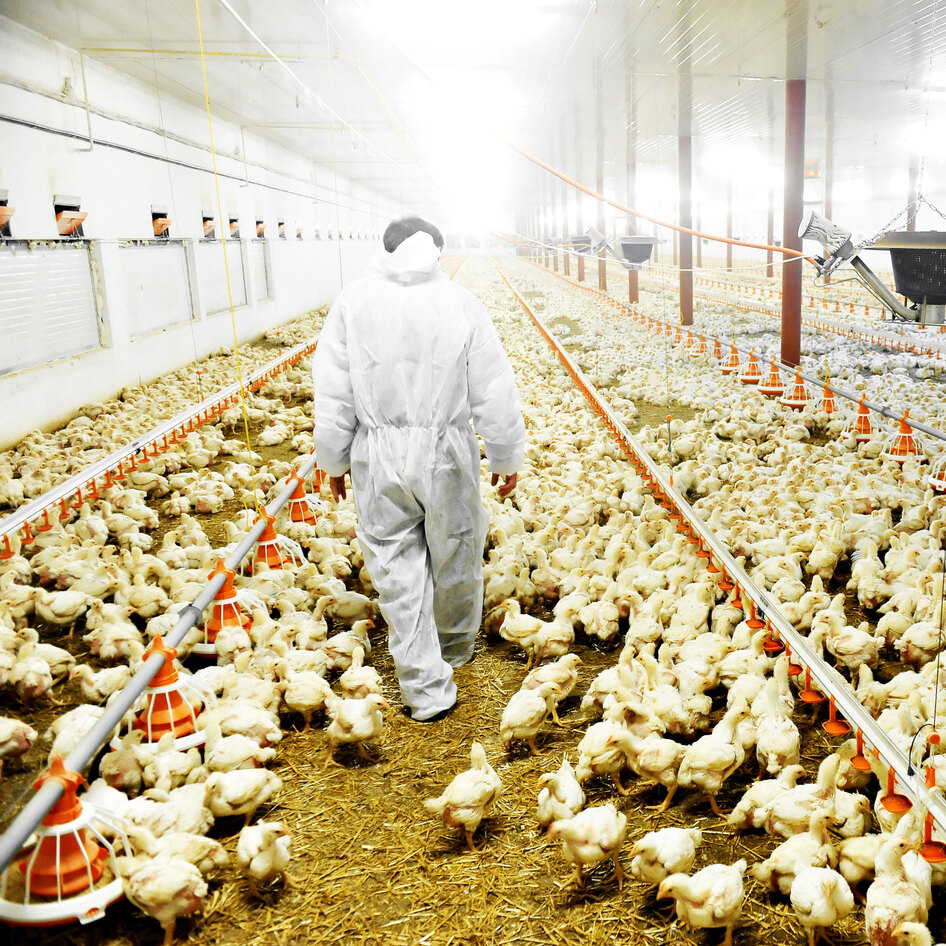This week, bi-partisan bill Preventing Future Pandemics Act of 2020 (PFPA) was introduced in the House and Senate by Senators Cory Booker (D-NJ) and John Cornyn (R-TX) and House Representatives Mike Quigley (D-IL) and Fred Upton (R-MI). PFPA aims to encourage the state department to work with international partners to end domestic wild animal markets and stop the wildlife trade in the United States with the goal of preventing future pandemics such as COVID-19—a zoonotic disease which is thought to have originated in a “wet” animal market in Wuhan, China in 2019. The legislation also releases funding to the United States Agency for International Development (USAID) to work on reducing the demand for wild animals as food sources and supports a shift toward alternative food sources for communities that consume wild animals. Should PFPA pass, the import, export, and sale of wild animals for food and medicine would become illegal in the US.
“From SARS to Ebola to COVID-19, the risk of disease transmission from wildlife to people is a persistent threat to global public health, and we know that commercial wildlife markets and the international wildlife trade significantly increase that risk,” Booker—who has been vegan since 2014—said. “As we continue to fight to get the spread of COVID-19 under control here in the United States, we must also be working with our international partners to prevent another deadly pandemic from occurring; that means working urgently to shut down commercial wildlife markets and end the international trade in live wildlife.”
At the onset of the COVID-19 outbreak, Booker and 65 other members of Congress sent a letter to to the general directors of three global organizations—World Health Organization (WHO), United Nations (UN), and World Organisation for Animal Health (OIE)—to demand the shutdown of “wet” animal markets worldwide. PFPA shifts focus to the US and sheds light on its domestic wildlife trade, which includes “wet” markets similar to those in Wuhan. “Most Americans are just now learning that the United States imports wildlife for human consumption and medicines and is a major hub for the sale and transport of illegal wildlife parts and products,” Kitty Block, CEO of The Humane Society of the United States, said. “There is so much more we can do to safeguard wildlife and global public health. The introduction of this measure by Senators Cornyn and Booker and Representatives Quigley and Upton sets the standard here at home and promises to light the way toward a comprehensive global strategy to overcome the risks of future pandemics.”
JUMP TO ... Latest News | Recipes | Guides | Health | Subscribe







